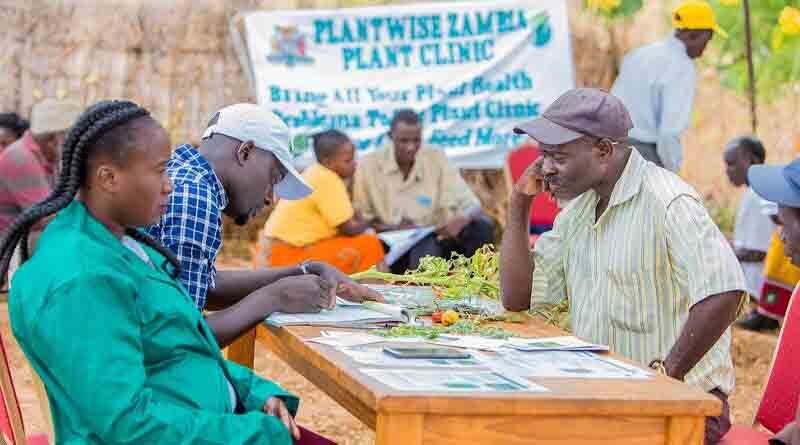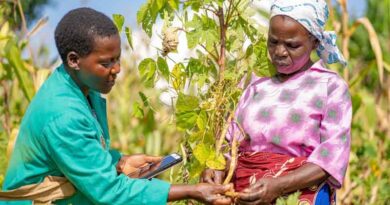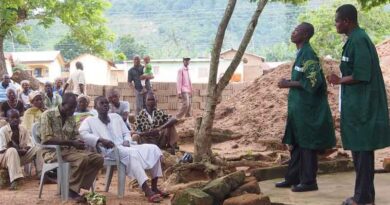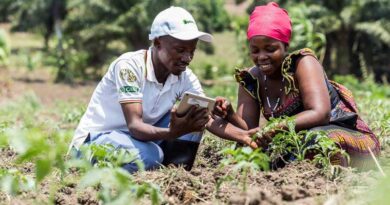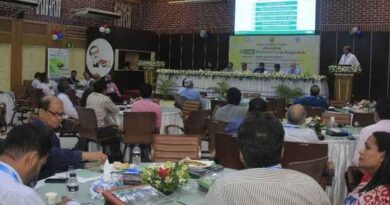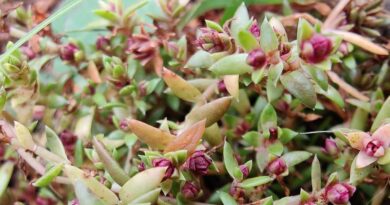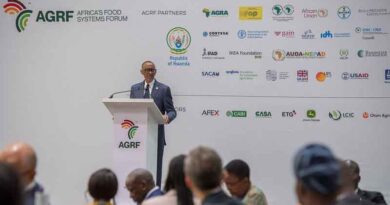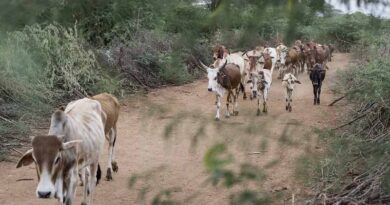PlantwisePlus launches to help farmers in Zambia produce more and higher quality food
01 September 2022, Zambia: A new CABI-led worldwide programme – PlantwisePlus – has launched in Zambia to help smallholder farmers produce more and high-quality food.
PlantwisePlus will support Zambia’s Ministry of Agriculture (MOA) predict, prepare and prevent a range of plant health issues which put food security and livelihoods at risk.
The new programme builds upon CABI’s Plantwise and Action on Invasives programmes and will particularly empower farmers to increase income, food security and food safety amid a changing climate, which can exacerbate crop losses.
PlantwisePlus, for example, will draw upon a range of existing CABI open access products and projects. These include the CABI BioProtection Portal – a free tool to enhance awareness and uptake of biocontrol and biopesticide products by growers and advisors – and the newly launched CABI Digital Library and factsheet app.
PlantwisePlus also seeks to accelerate the availability of nature-positive and low-risk plant protection products to reduce reliance on high-risk farm inputs.
The new programme will further create and transform employment to support economic development and contribute to consumer demand for safer, higher quality and locally produced food to drive the uptake of safer production practices.
Dr Ulrich Kuhlmann, Executive Director, Global Operations and PlantwisePlus Programme Executive, said, “The programme in Zambia will deliver processes and tools that will strengthen detection and response to pest outbreaks such as the devastating fall armyworm.
“It will also provide digital advisory tools to boost sustainable agriculture and improve the capacity of public and private actors offering support to smallholder farmers to diagnose crop health problems – and recommend sustainable management practices.”
Dr Morris Akiri, Senior Regional Director, Africa, added that the use of low-risk plant protection solutions to reduce the reliance on high-risk farm inputs that have adverse effects on human health and biodiversity will be a key feature of the PlantwisePlus programme in Zambia.
Zambia is one of six PlantwisePlus countries that will effectively serve to ‘prove-the-concept’ for the programme in its delivery of digital innovations. These will bring efficiency in plant health management and have strong potential for broad application. The other countries are Kenya, Pakistan, Ghana, Bangladesh and Uganda.
Back in 2021, a CABI-led study published in the journal Food Policy found that Plantwise plant clinics can help promote more sustainable ways to fight pests and diseases in Zambia and Rwanda with the judicial use of pesticides as part of Integrated Pest Management (IPM) plans.
The research, which included researchers from Zambia Agricultural Research Institute (ZARI), found that although farmers who visit plant clinics show a higher probability of opting for pesticides for pest control, they do not use them intensively and are more likely to adopt safer and more sustainable alternatives.
Another piece of research led by CABI entitled ‘Gender-differentiated impacts of plant clinics on maize productivity and food security: Evidence from Zambia’, looked at the gender impacts of Plantwise plant clinics on farmers in the country.
The study found that participation in Plantwise plant clinics is beneficial for all users and has a positive impact on reducing food insecurity. Farmers that use plant clinics are more likely to adopt multiple pest management approaches, meaning greater crop yields and higher incomes.
Dr Akiri said, “Our extensive research has already shown the benefits of the Plantwise programme to helping Zambia’s smallholder farmers maximise their yields.
“Working in partnership once again, the new PlantwisePlus programme will go one step further in harnessing the very latest technology.
“This will help ensure that farmers have all the information at their fingertips so they can more readily mitigate a fuller range of potentially devastating crop pests and diseases.”
Also Read: 2022 Norman Borlaug Award to Indian Scientist Dr. Mahalingam
(For Latest Agriculture News & Updates, follow Krishak Jagat on Google News)

